The Journey from Food In-Secure to Empowered and Nourished
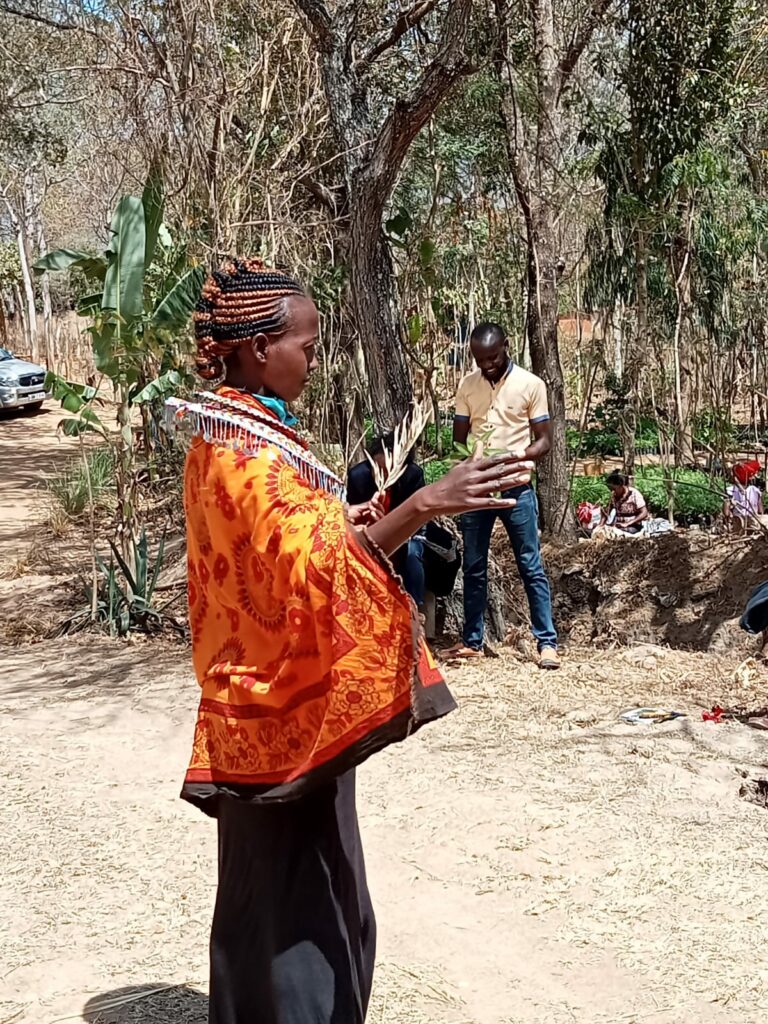
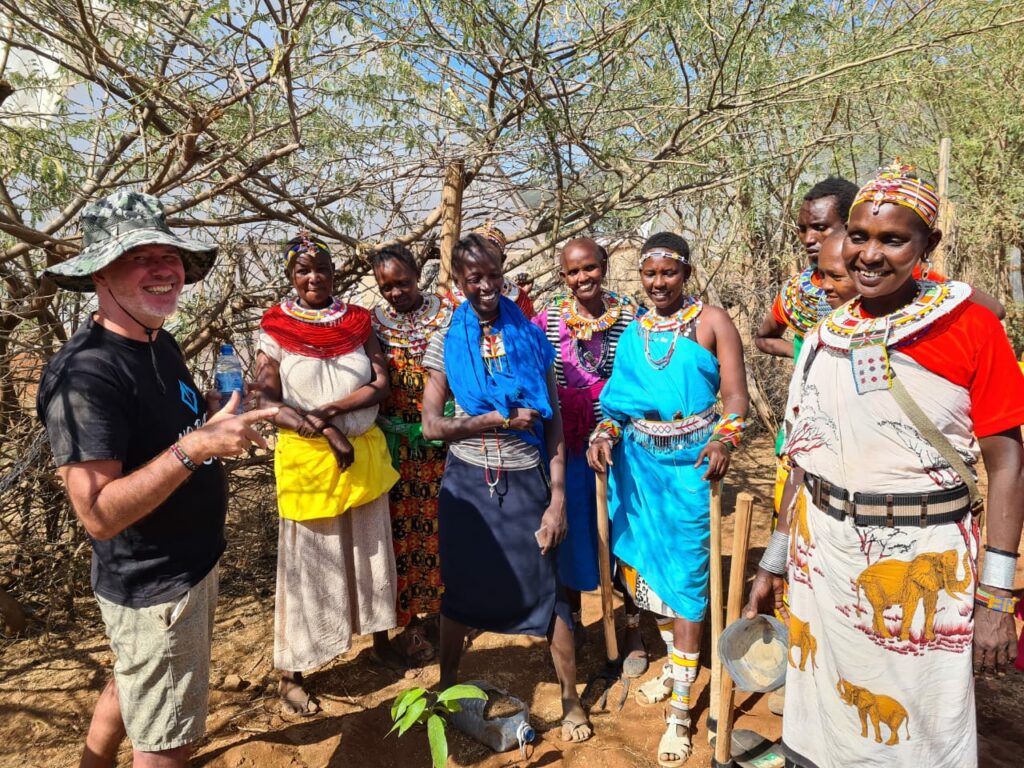
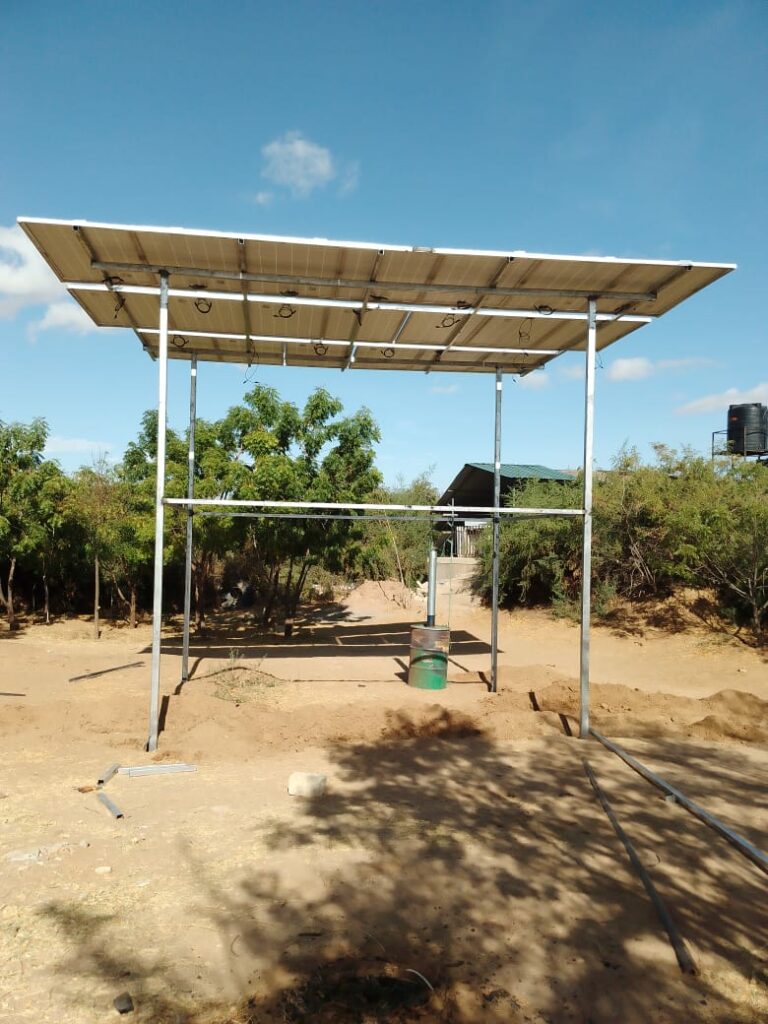
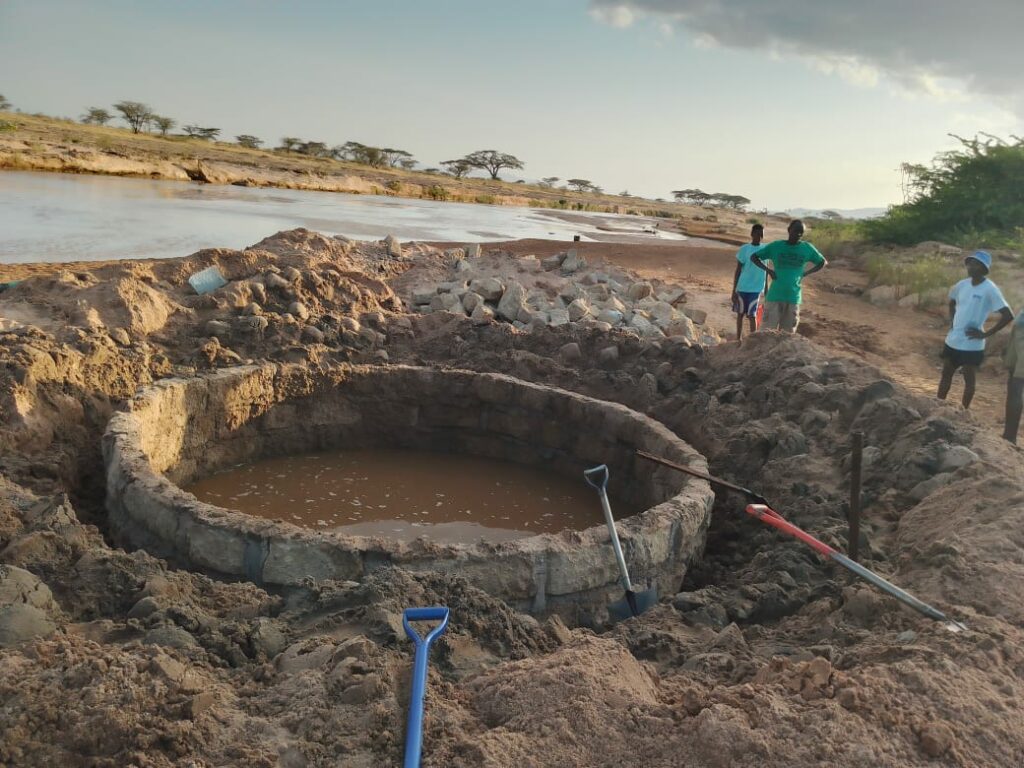
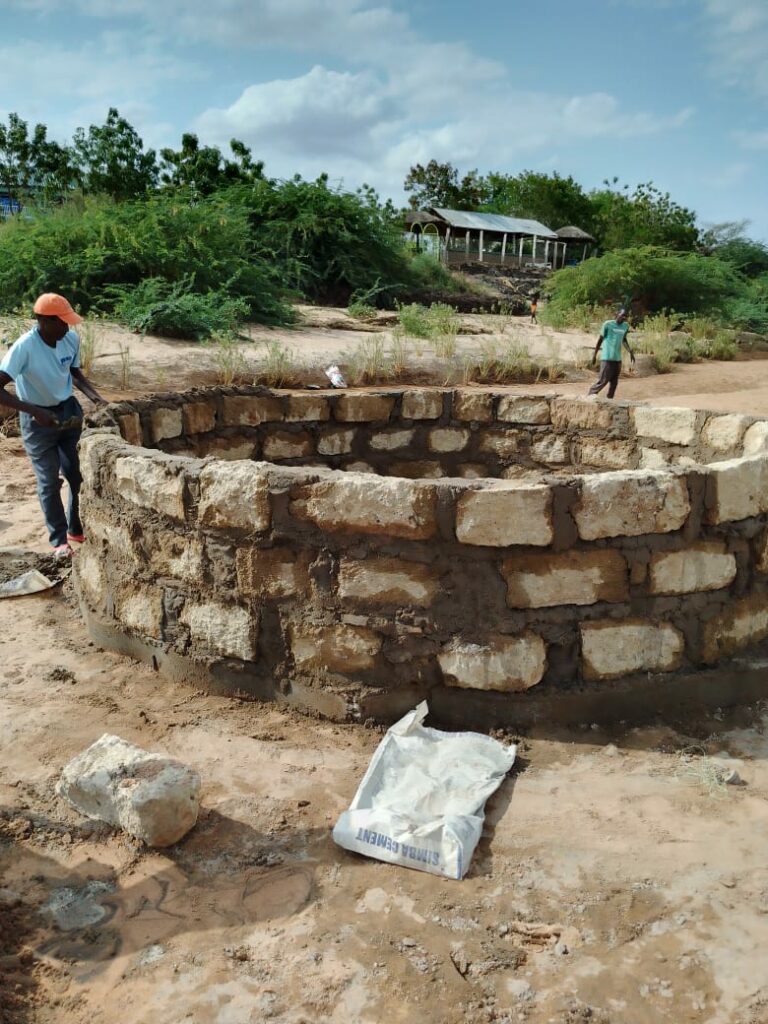
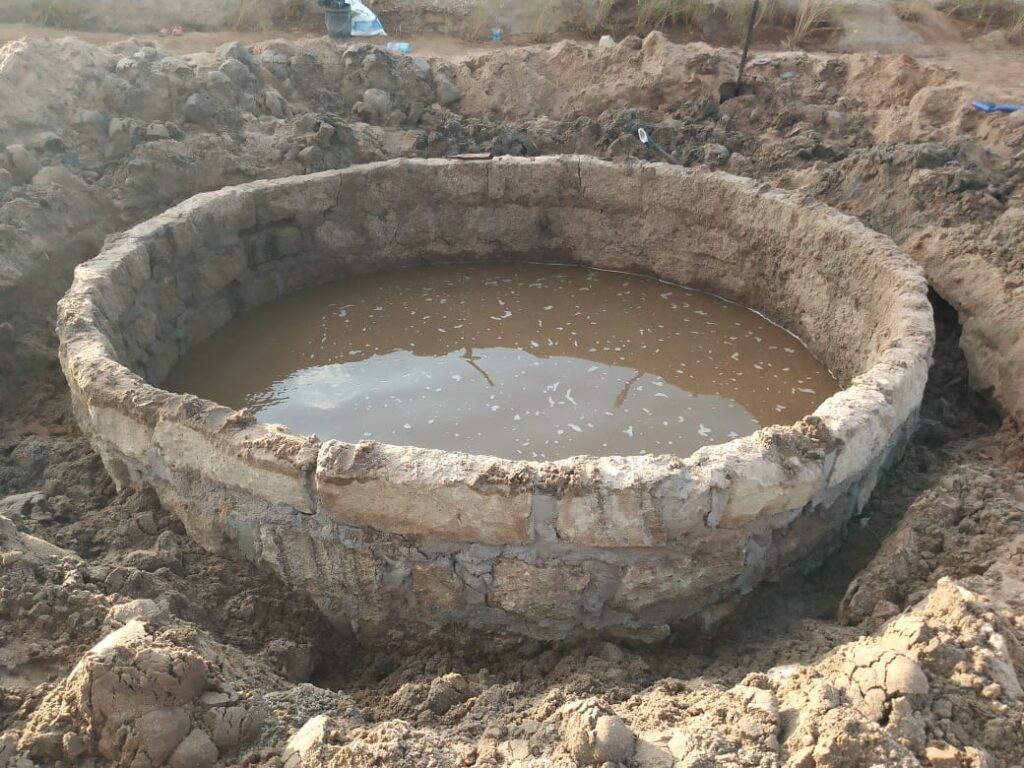
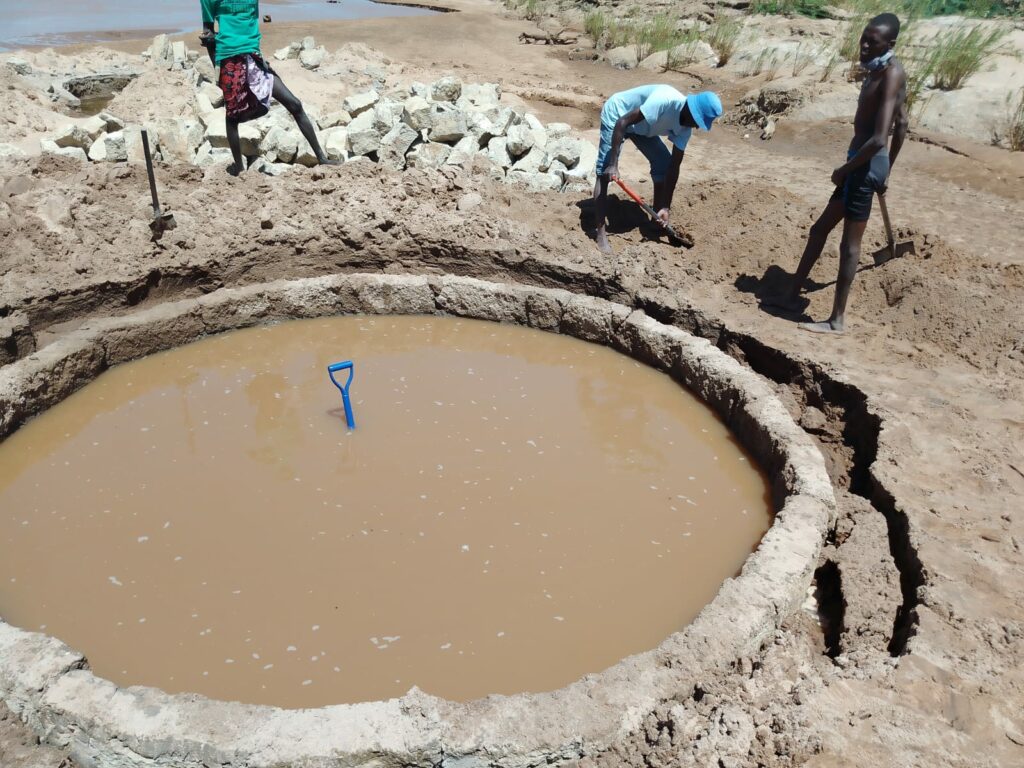
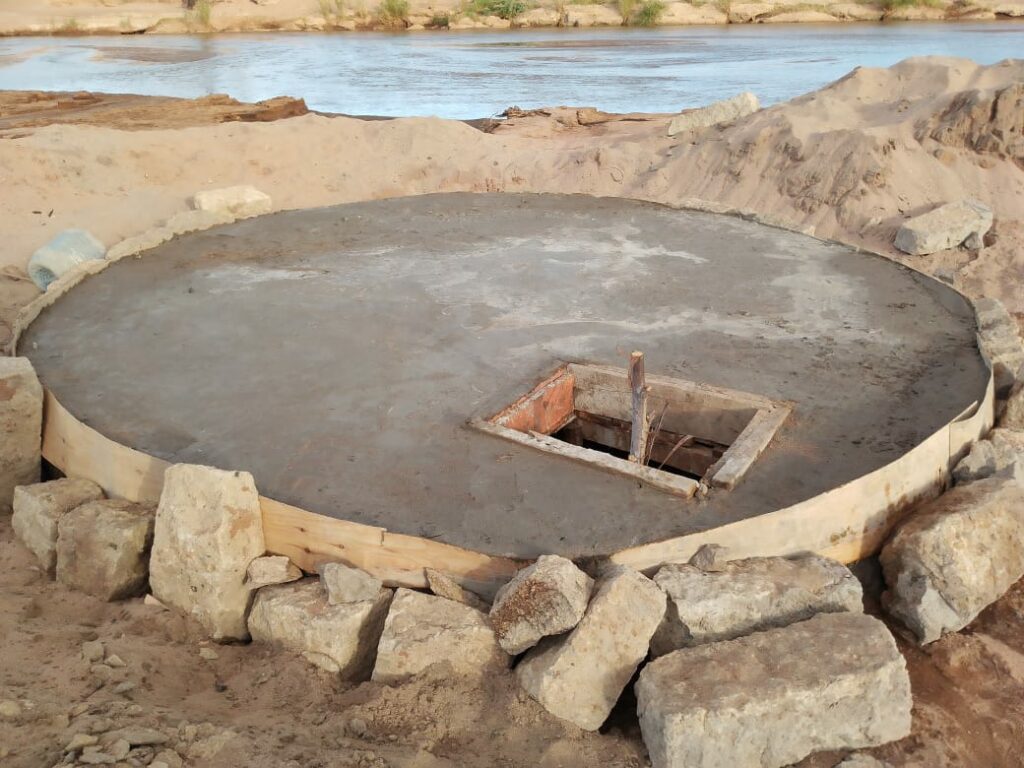
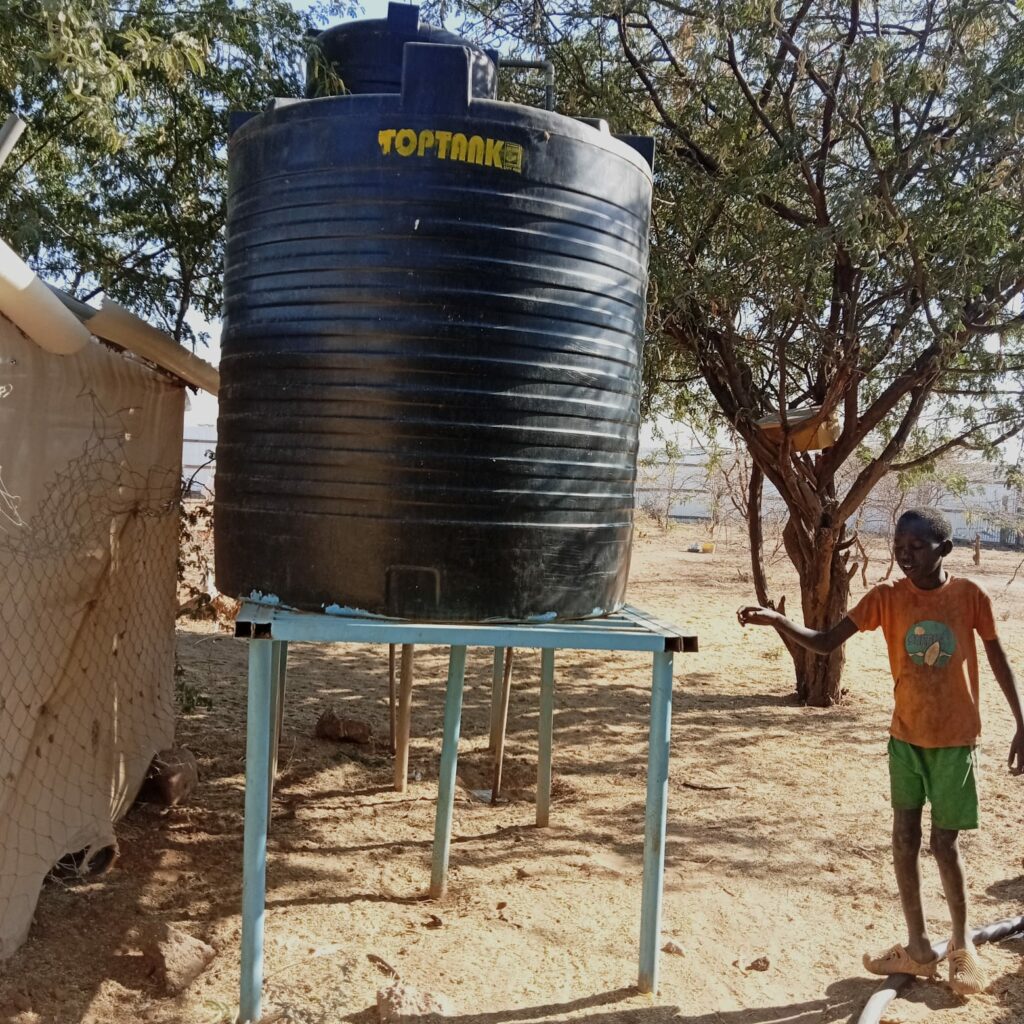
Imagine a land parched by years of devastating drought, where elephants and humans compete for dwindling resources. This is the reality for Christine, a young, smart, and energetic pastoralist woman from the Samburu region of Kenya. Christine is living in a special community, a refuge for women only because she was born where the local traditions still mean she grew up threatened constantly by child marriage, FGM, gender violence, and oppression that are the accepted norms.
Christine’s story isn’t just about hardship, though– it’s also about the incredible power of regeneration and women’s ability to change their lives when provided with hope and the emancipating tools they need to secure their own agency and autonomy.
The Importance of Outside Support from Donors and Regenerative Farms
Christine’s life took a transformative turn for the good when she unexpectedly got introduced to Regenerative Farms. Her community was offered the chance to participate in a pilot tree-planting project designed to address malnutrition and climate threats uniquely felt by women like her. As a result of a generous donation from the Woka Foundation, Christine received a scholarship to attend a 9-day permaculture design training. She journeyed a long day’s ride by bus to Regenerative Farm’s Regeneration Hub partner, the Drylands Natural Resources Centre, where Christine spent two weeks learning from Nicholas, his team, and the other students. She saw firsthand the benefits that a Regeneration Hub can provide as the DNRC teaches and supports 1000 women agro-pastoralists with similar lives to Christine’s. The ecosystem is a similar dryland severely limited by lack of rainfall, yet the farmers there had created a lush green oasis capable even of growing bananas. The families raised sunflowers and moringa -the miracle tree known for its exceptional nutritional and medicinal qualities. They were able to press the seeds of these crops in the center’s new oil press, enabling them to save money and earn additional income from the sale of these precious and costly goods.
The DNRC training gave Christine the gift of a lifetime, the chance to learn new skills to help her survive the changes she is experiencing in her environment. She gained skills that provided her with the know-how and confidence in how to plant useful tree crops so she can better feed her children. Regenerative Farms has been supporting Christine and her village as they work to transform the land around them, which has been degraded by many years of unmanaged overgrazing and repeated droughts.
Seeing is believing, and that’s why a Regeneration Hub is so powerful. Visiting the Center allowed Christine to see for herself that it really was possible to restore a severely degraded environment with very little rain, something she wouldn’t have believed before visiting the Centre. The course and visit opened Christine’s eyes to the possibilities of a new way of living in harmony with the land despite the drought. Learning from other women like her unlocked her confidence, showing her for the first time that she possessed the power to change not only her own life but the fate of her entire community.
Thanks to your continued support for Regenerative Farms, Christine wasn’t alone when she returned home with her new knowledge and skills. Regenerative Farms provided the 30 women in Christine’s village with two years of capacity-building assistance and essential tools and resources they couldn’t have accessed without our assistance and funding. This gave these women unprecedented access to restoration essentials, including nutritious tree crop seeds and seedlings, and helped them install bee fences, an innovation researchers have found can help protect their thousands of new trees from marauding elephants. With the bee fences came an introductory beekeeping course taught by a local female beekeeper. In Christine’s village, the job is a lot tougher than in other places because they are dealing with African bees, known for their serious stings and dangerous attacks on both humans and wildlife.
It soon became apparent that a better water conveyance system was needed. The women had to make a mile-long journey to a dangerous river to fetch jerry cans of water multiple times a day to keep their tree seedlings and vegetables watered. It took some time to find the necessary funding. Still, eventually, we were able to add a much-needed sand damn. We piped water directly to the village for irrigation provided by a new pump powered by a new solar panel array – all crucial tools for saving the women hours of hand labor and dangerous work (crocodiles live in the river). We are all delighted the pilot project is working out and starting to improve the community’s nutrition and food security. There are still many threats to success, and there is a long journey ahead to scale up this initial work. We need help to keep the project moving forward.
By supporting this project, we aim to combat deforestation, enhance agricultural yields, promote sustainable livelihoods, mitigate water scarcity, and empower marginalized communities in Kenya’s drylands. Your funding will contribute to a more resilient and sustainable future for these communities and their environment.
An “RF-designed syntropic agroforestry food forest” embodies hope and resilience, providing:
- Resilient Livelihoods: Tree varieties resilient to drought conditions restore degraded soil and combat malnutrition, supporting thriving families even in tough times.
- Nourishing Families: Boabab, cashews, tamarind, and moringa trees supplement essential nutrients, benefiting pregnant and nursing women and addressing malnutrition in the community.
- Natural Defense: Beekeeping provides honey and protects the forest garden from elephants, while a moat of chili peppers, ginger, and lavender deters elephant intrusion, which elephant researchers recommend to prevent crop destruction.
This exemplifies the transformative power of your donations, empowering women like Christine to become agents of change within their communities.
Future Goals: In 2024, we aim to replicate this success with Massai women in Kajiado County, Kenya, through our partnership with the Massai Centre for Regenerative Pastoralism. Your support is essential to realizing this vision.
Donate Today and Be Part of the Change!
Subscribe to Our YouTube Channel to learn more about the nutritious tree crops being grown by Christine to nourish her children and learn more about how regenerative farming can save lives. Join our members and support growing our initiatives.
Help us spread the word among your friends, school groups, teams, and churches. Together we can create a future where women like Christine not only survive but flourish and help us heal the Earth.
Ways to give to Regenerative Farms to Support our Partners:
DONATE by credit card via Paypal
Call 413.475.0864.
Mail checks made out to Regenerative Farms to: 1230 West Rd. Ashfield, MA 01330.
Other ways to give:
Support our work through your donor-advised fidelity fund with this link or Donate through Guidstar.org and see our profile
Trust and Transparency are Important to Everyone. Our non-profit Employer Id Number is 86.2475402. Verify our MA Attorney General’s charity registration details here. Our latest audited financials and IRS 990 forms are available on our website and upon request.
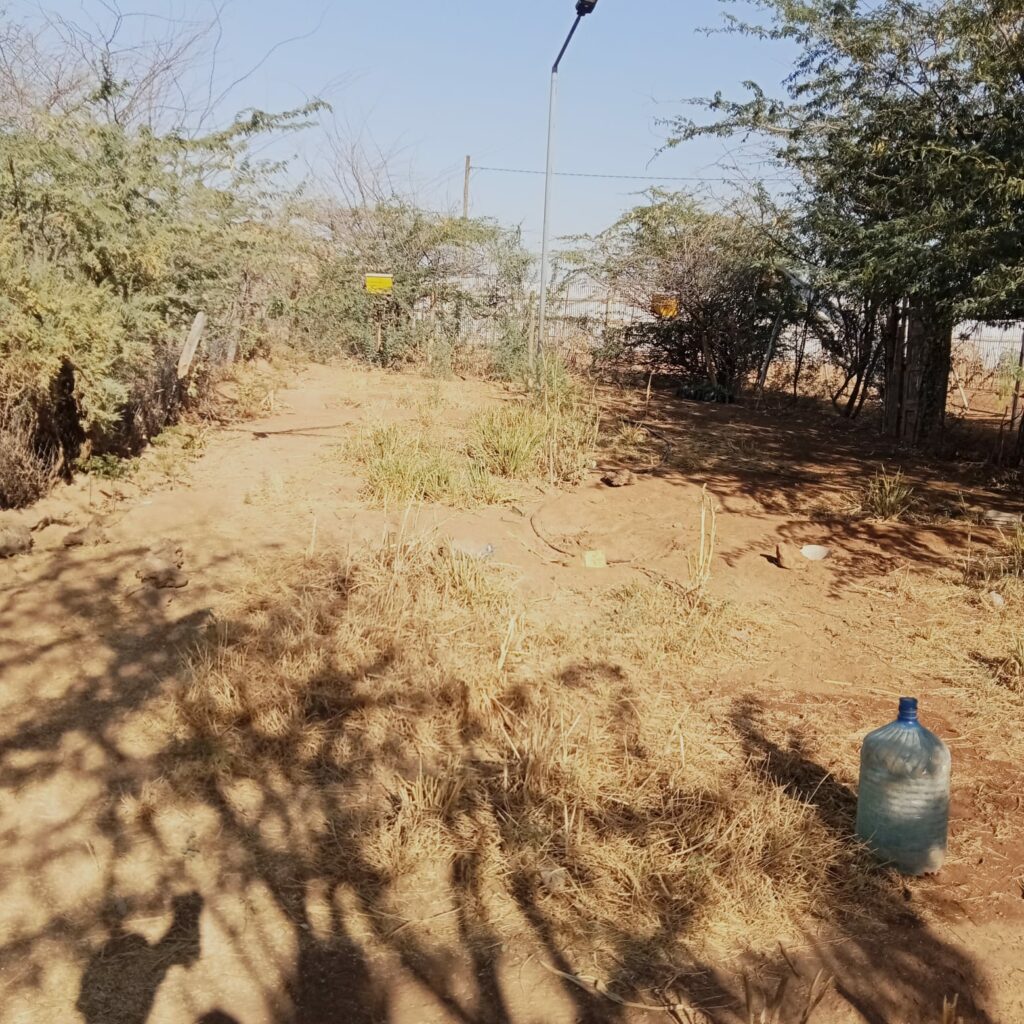
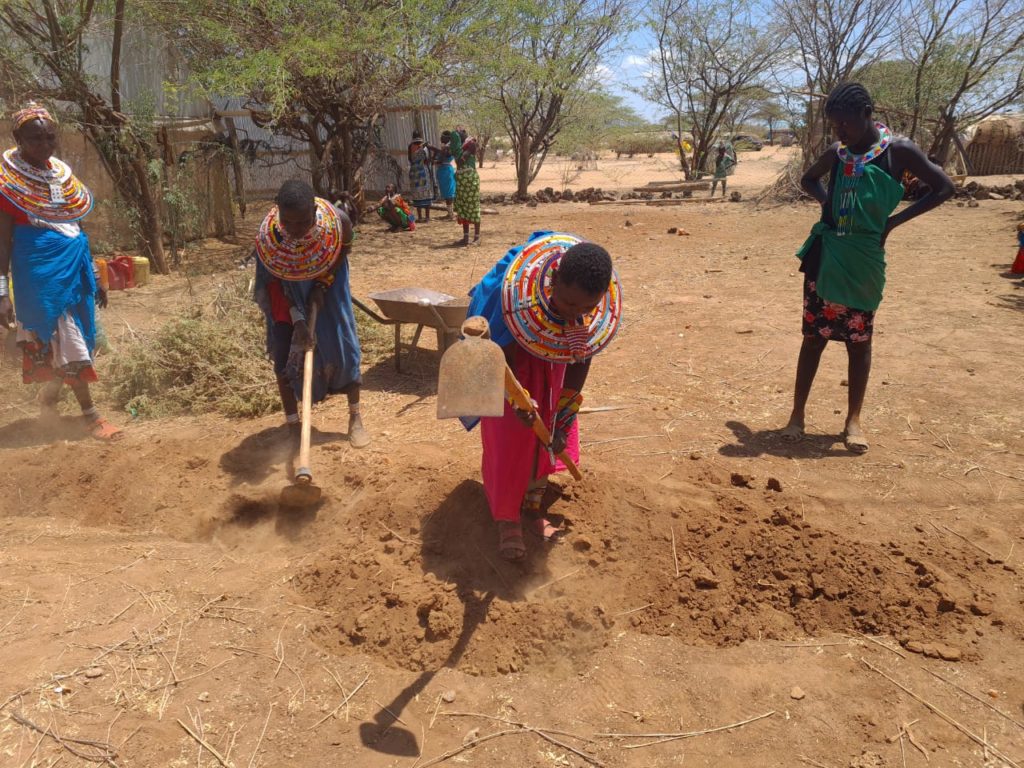



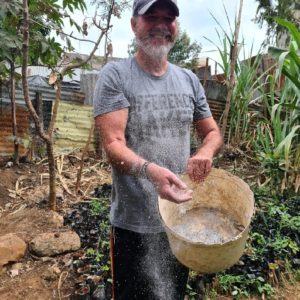
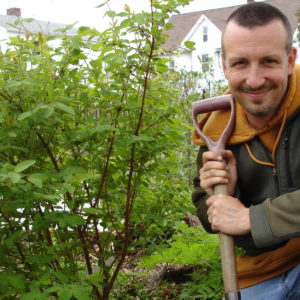
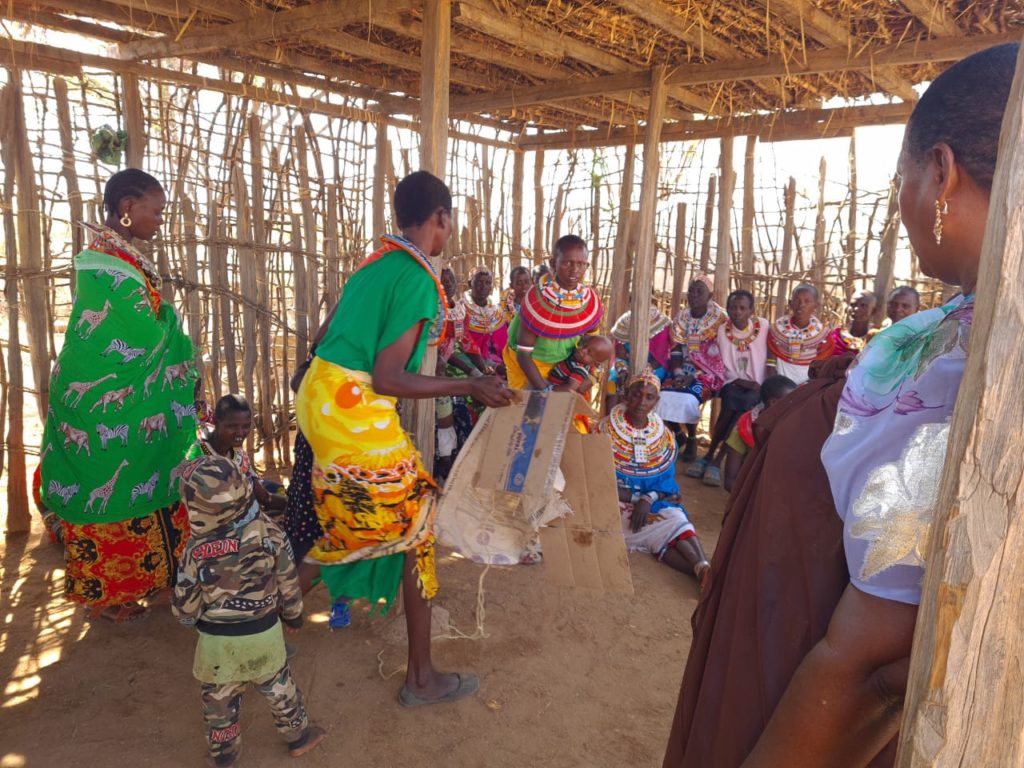
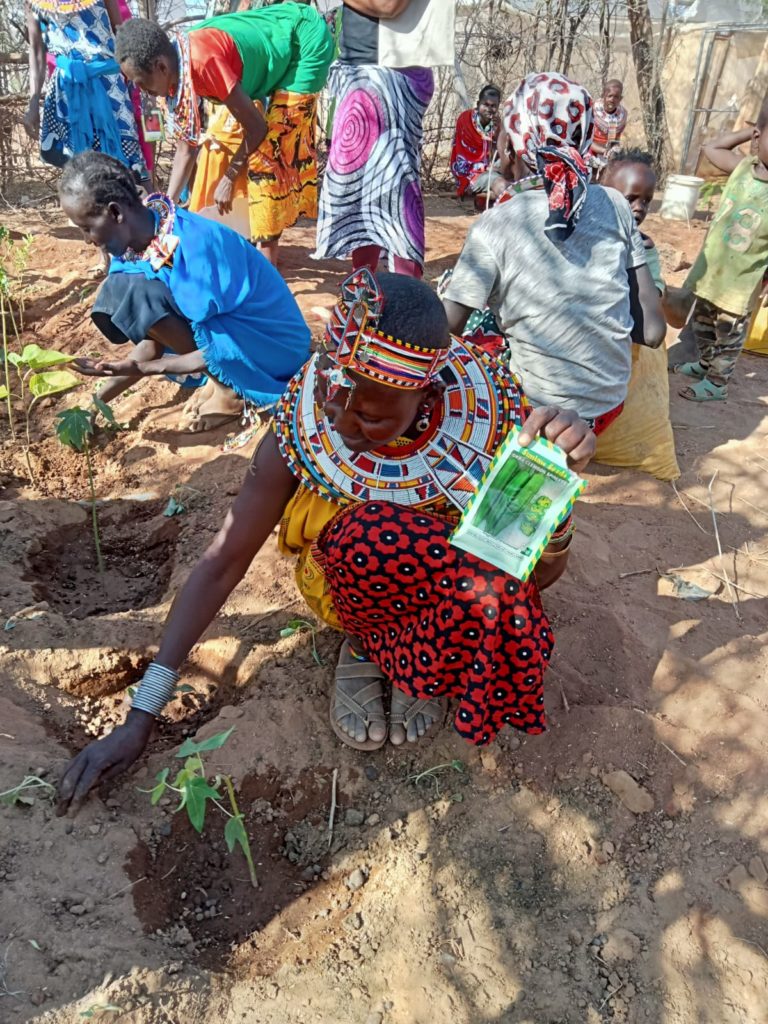
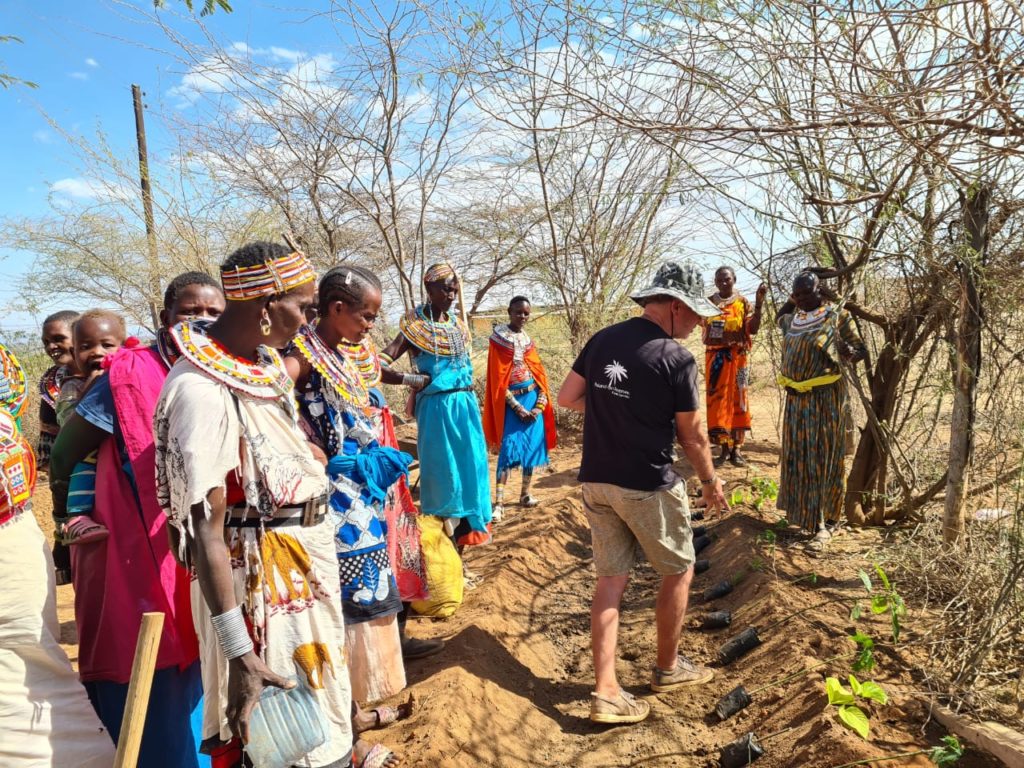
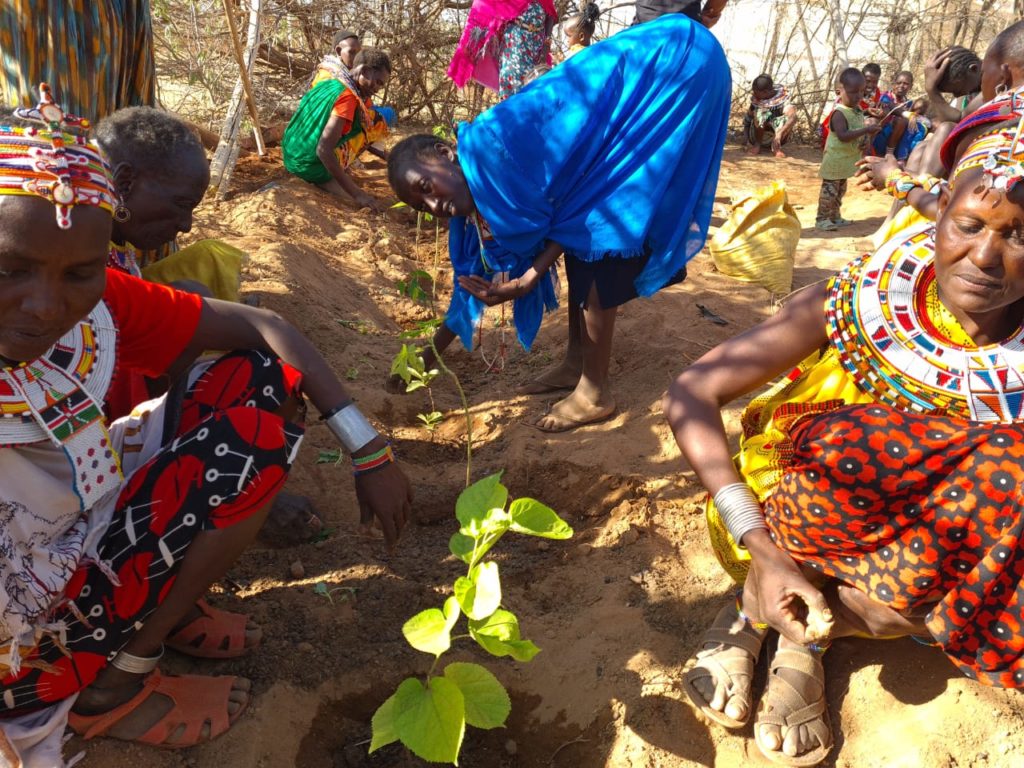
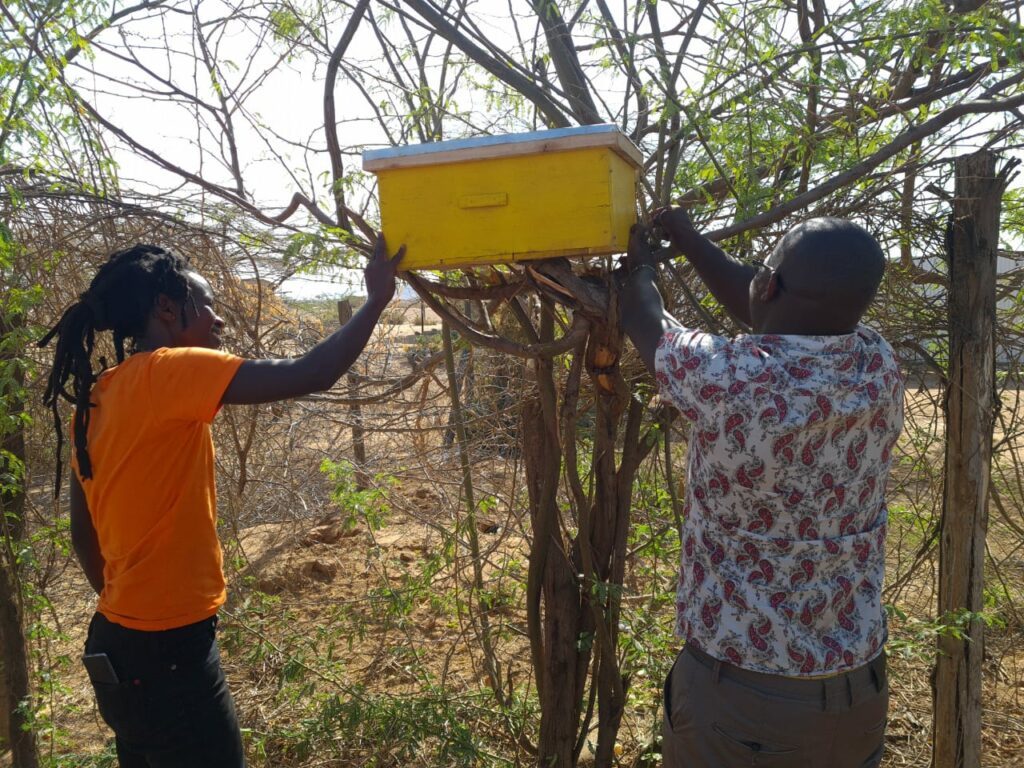
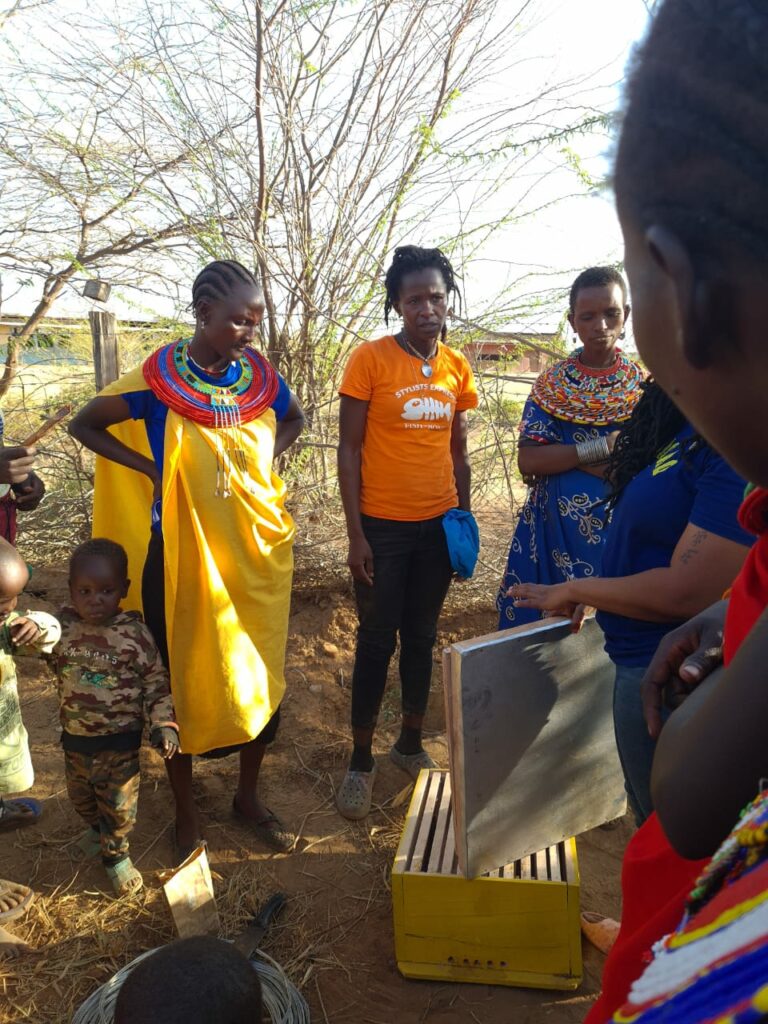
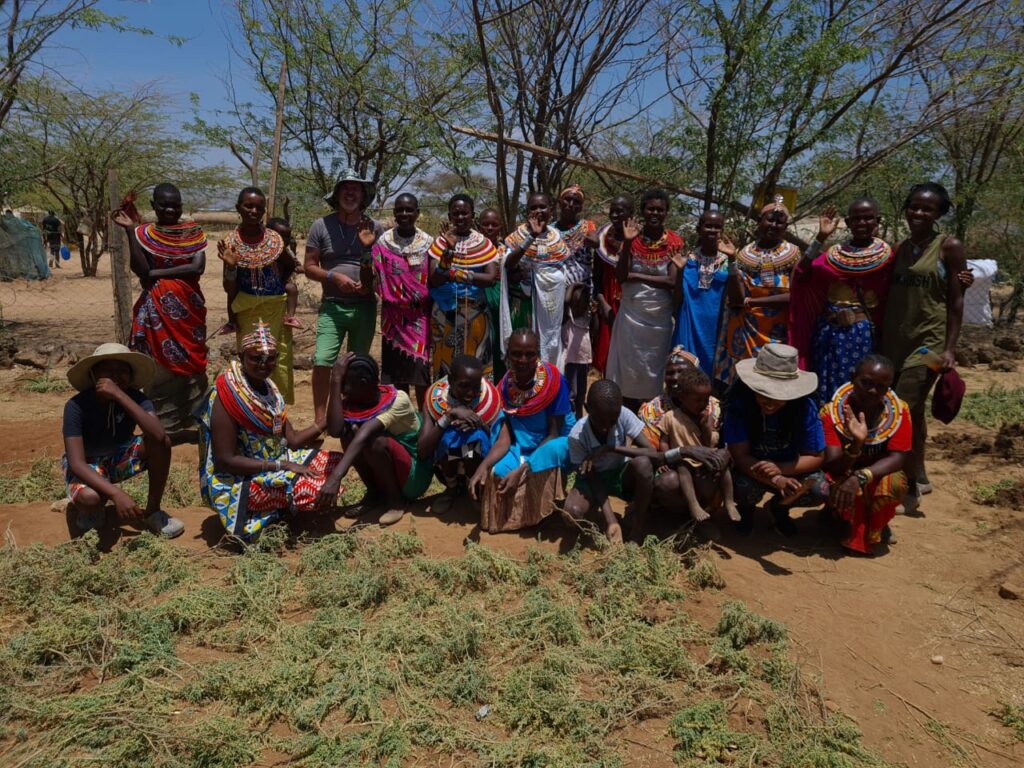

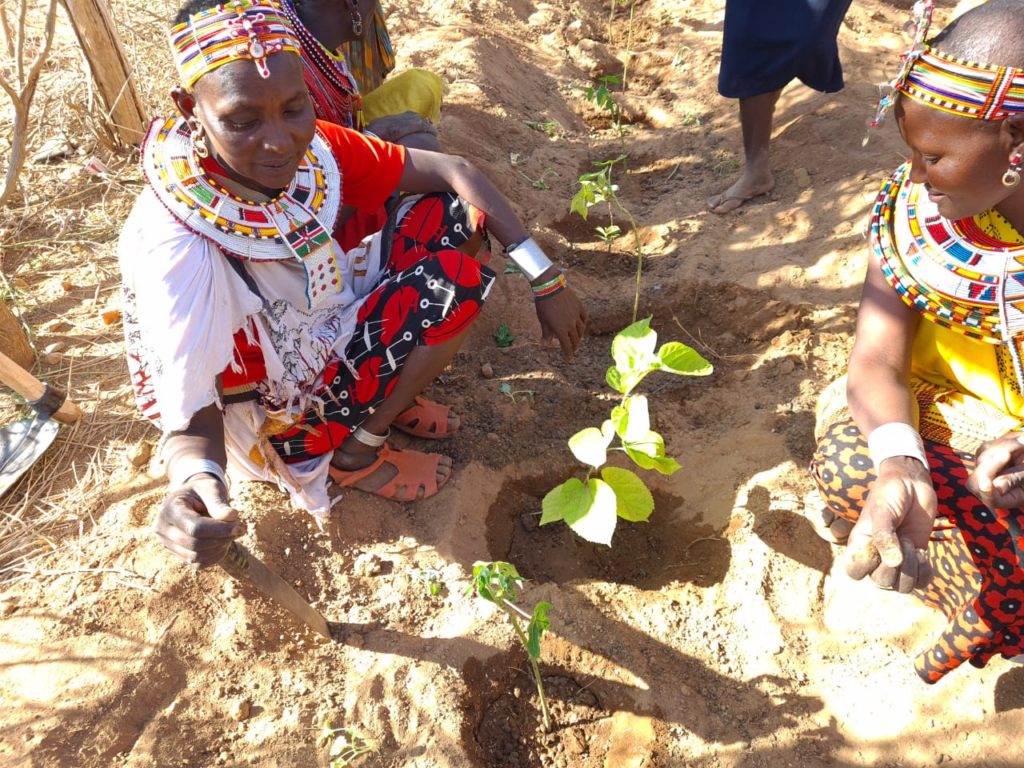
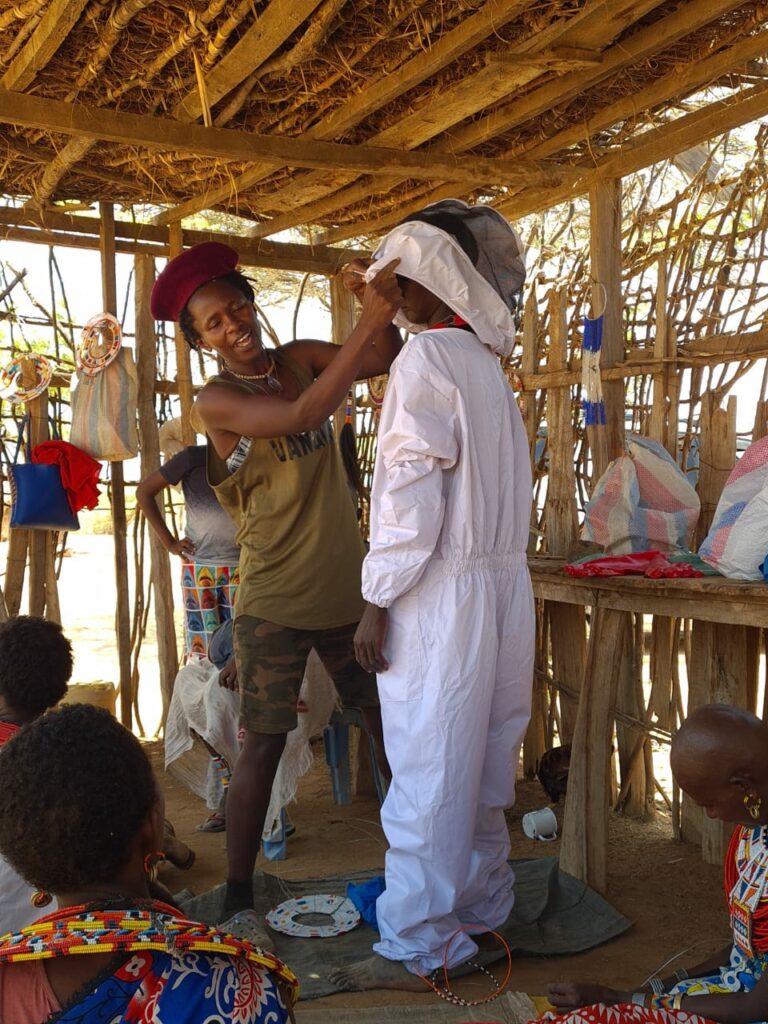
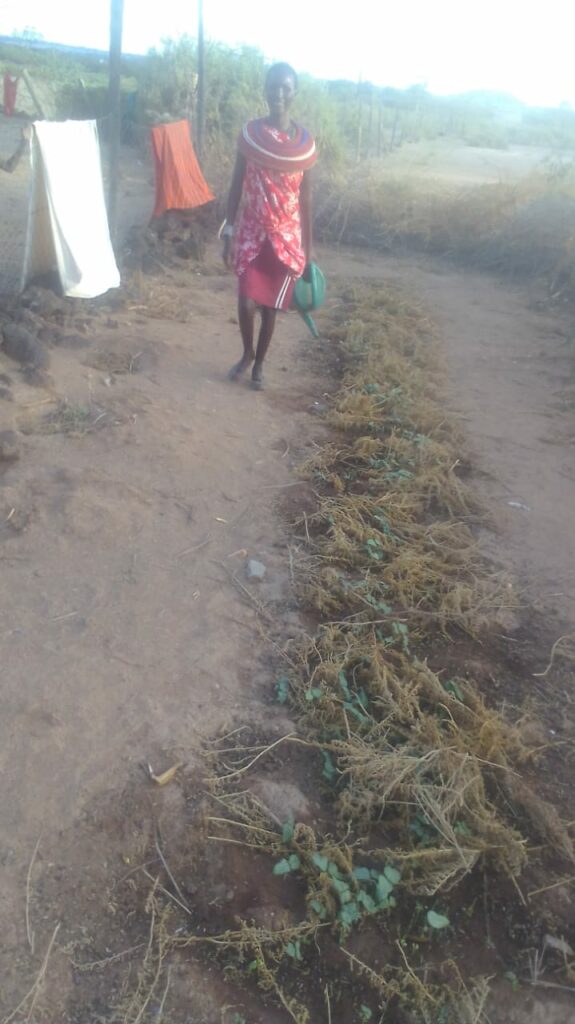

Post a comment